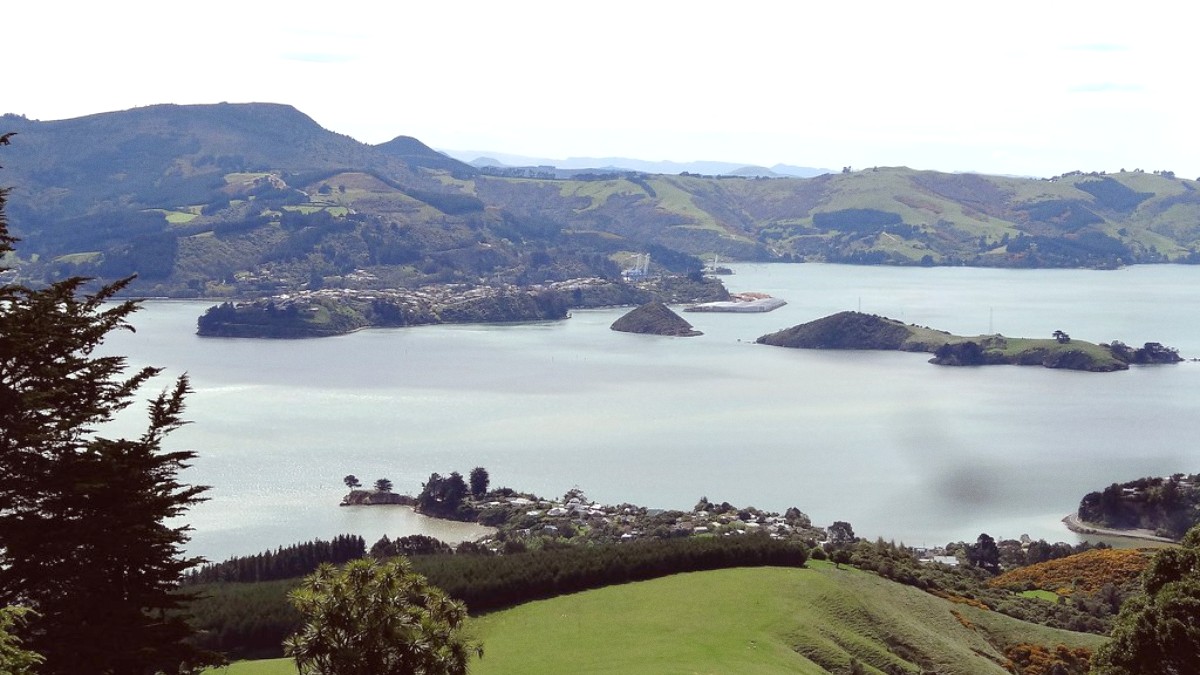
Dunedin And Otago, New Zealand
Dunedin's main public transport is the Orbus bus network, managed by the Otago Regional Council. This system serves the city center and extends to various surrounding suburbs, providing a way to get around without a car.
The central hub for most bus routes is the Bus Hub located on Great King Street, near the Octagon. Comprehensive route maps are on the official Orbus website (orc.govt.nz/orbus).
Use the Orbus website or mapping apps like Google Maps to plot your route and check real-time schedules.
Acquire a Bee Card soon after arrival for cost savings on all bus journeys.
Be at the bus stop a few minutes before scheduled arrival and hail the bus as it approaches.
Major international and local companies (Avis, Budget, Jucy, Apex).
Full, valid driver's license (English or with IDP). Minimum age 21+.
Less common. Specialized local companies may offer them.
No city-wide sharing program. Bike hire shops (Dunedin Cycles, Bike It Now!) rent various bikes.
Several operators offer guided bus tours covering city highlights and Otago Peninsula wildlife.
Boat taxis are not common for commuting. Some wildlife tours use smaller boats for close-up marine life views.
Orbus buses are generally accessible. Taxis can accommodate wheelchairs if requested in advance.
Dunedin's transportation landscape continues to evolve, with ongoing efforts to enhance connectivity and sustainable options.
Dunedin has e-scooter share programs through companies like Lime and Neuron.
Convenient for short distances.
Download the respective app, locate a scooter, scan to unlock, and ride.
Per-minute or hourly rates.
Wear a helmet (often attached), ride on paths or roads (not footpaths), and follow local bylaws.
Safe riding is encouraged.
Dunedin's public bus system is a cost-effective way to navigate the city's main areas.
For exploring the wider Otago Peninsula, a rental car or guided tour provides greater flexibility.